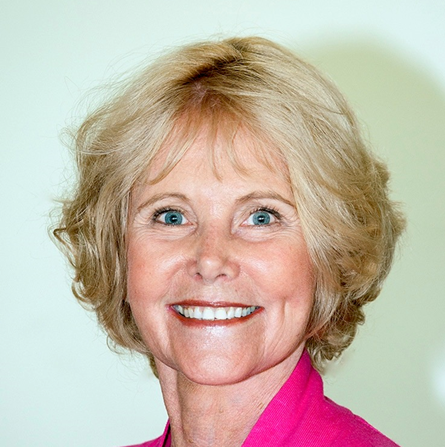
Sheryl Burgstahler, Ph.D.
Founder and Director of Accessible Technology Services, Instructor/Advisor of Online Learning, and Affiliate Professor in the College of Education, University of Washington (UW)
Dr. Sheryl Burgstahler founded and directs the DO-IT (Disabilities, Opportunities, Internetworking, and Technology) Center and the Access Technology Center (ATC) at the UW. These two centers promote the use of mainstream and assistive technology and other interventions to support the success of students with disabilities in postsecondary education and careers. They also promote the development of facilities, computer labs, academic and administrative software, websites, multimedia, and distance learning programs that are welcoming and accessible to individuals with disabilities. The ATC focuses efforts at the UW; the DO-IT Center reaches national and international audiences with the support of federal, state, corporate, foundation, and private funds.
Dr. Burgstahler’s teaching and research focus on the successful transition of students with disabilities to college and careers and on the application of universal design to technology, learning activities, physical spaces, and student services. Her current projects include the Alliance for Students with Disabilities in Science, Technology, Engineering, and Mathematics (AccessSTEM), the Alliance for Access to Computing Careers (AccessComputing), AccessCS10K: Including Students with Disabilities in Computing Education for the Twenty-First Century, AccessEngineering, and the Center for Universal Design in Education.
Dr. Burgstahler has published articles and delivered presentations at national and international conferences that focus on universal design of distance learning, websites and multimedia, computer labs, instruction, student services, and other applications in education, as well as the management of electronic communities, work-based learning activities, and transition programs for youth with disabilities. She is the author or co-author of eight books on using the Internet with pre-college students and directing e-mentoring and transition programs. She was also lead editor of Universal Design in Higher Education: From Principles to Practice. She has degrees in mathematics, education, and administration of higher education. She has taught precollege and postsecondary mathematics, computer programming, assistive and accessible technology, and preservice/in-service courses for teachers on mathematics instruction and technology applications.

